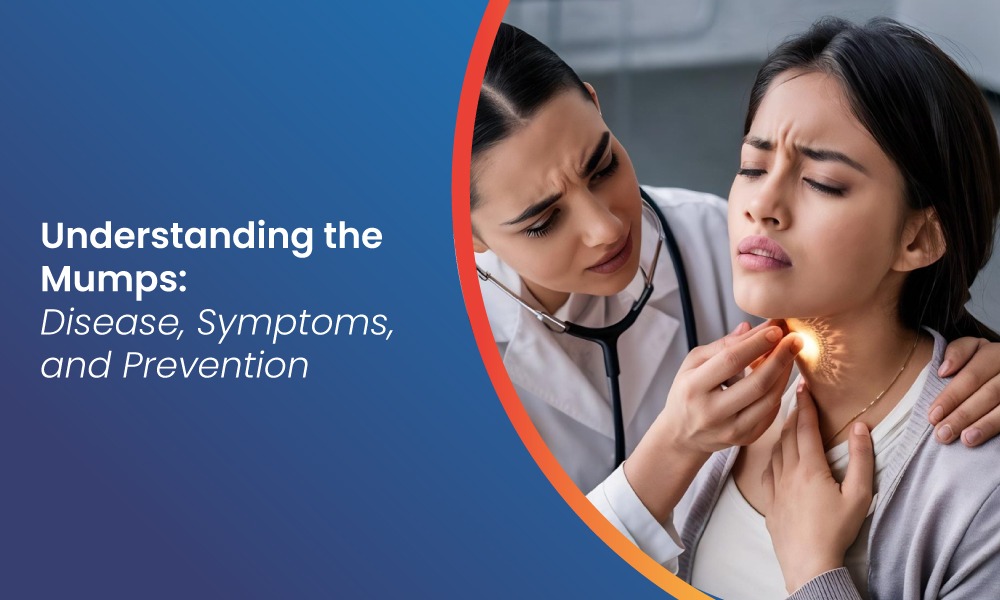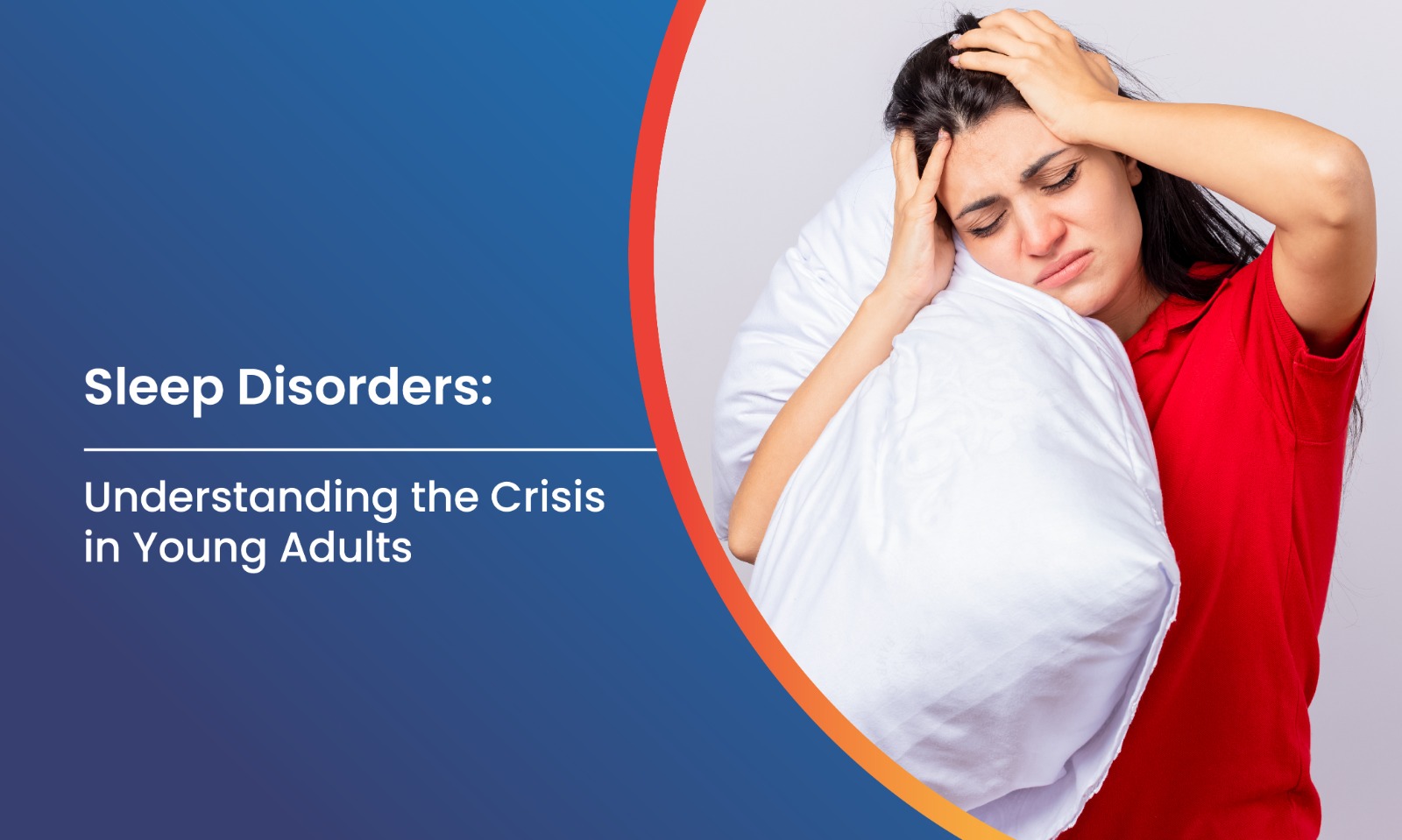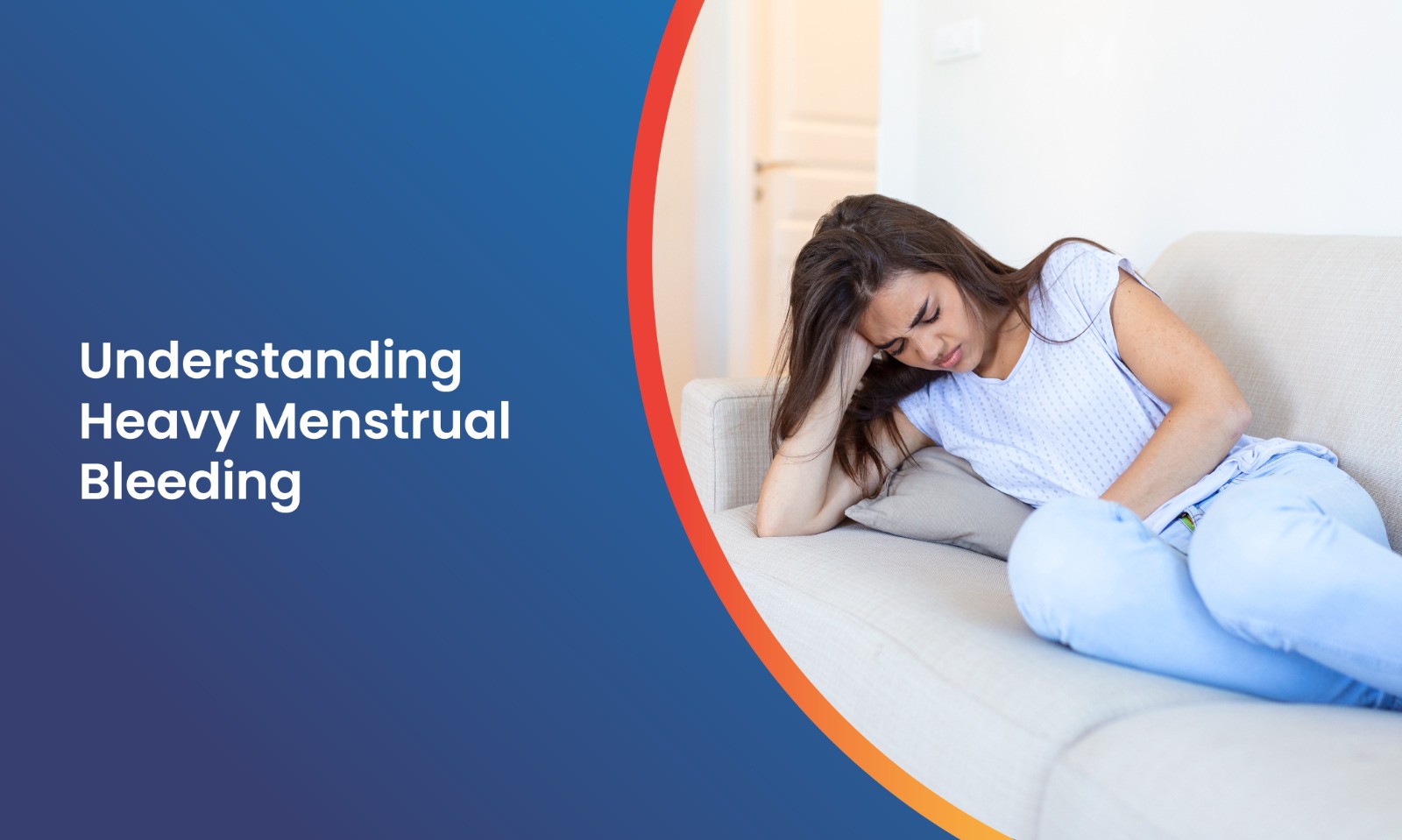Mumps: Causes, Symptoms, Treatment, and Prevention

Mumps: Causes, Symptoms, Treatment, and Prevention
Table of Contents
-
Introduction
-
What is Mumps?
-
Causes and Transmission
-
Signs and Symptoms
-
Complications of Mumps
-
Diagnosis of Mumps
-
Treatment and Management
-
Prevention of Mumps
-
Vaccination: The Best Defense
-
Myths and Facts about Mumps
-
Living with Mumps: Tips for Caregivers
-
Global Impact of Mumps
-
Mumps in India: Current Scenario
-
Future Prospects and Research
-
Conclusion
-
Frequently Asked Questions (FAQ)
Introduction
Mumps is a contagious viral disease that primarily affects the salivary glands, particularly the parotid glands, located near the ears. The infection is caused by the mumps virus, which belongs to the Paramyxoviridae family. Historically, mumps has been recognized for centuries as a childhood illness, but it can also affect adults with more severe consequences.
Despite widespread vaccination programs, mumps continues to appear in outbreaks worldwide, particularly in areas with low vaccination coverage. Schools, colleges, and other crowded environments serve as hotspots for transmission due to the ease of spreading through close contact.
In this detailed article, we will explore every aspect of mumps—from its causes and symptoms to its treatment, prevention strategies, and global impact. By understanding the nature of the disease, individuals and communities can work together to reduce its incidence and safeguard health.
What is Mumps?
Mumps is a viral infection that primarily affects the salivary glands, causing their painful swelling. The infection is usually self-limiting, meaning it resolves on its own without causing long-term harm in most cases. However, it is far from harmless. Severe complications like orchitis (testicular inflammation), meningitis, and hearing loss can occur, particularly in adolescents and adults.
The mumps virus spreads easily through respiratory droplets, similar to how the flu spreads. Once inside the body, the virus multiplies in the upper respiratory tract before moving to the salivary glands, causing the signature swelling.
Key Features of Mumps:
-
Highly contagious viral illness.
-
Characterized by swelling in one or both parotid glands.
-
Usually mild in children but more severe in adults.
-
No specific cure; managed through supportive care.
Causes and Transmission
The mumps virus, a paramyxovirus, is the sole cause of this infection. It spreads from person to person through respiratory secretions or direct contact with saliva.
Modes of Transmission:
-
Respiratory droplets: Coughing, sneezing, or talking near others.
-
Direct contact: Sharing utensils, glasses, or kissing an infected person.
-
Surface contamination: Touching surfaces contaminated with the virus and then touching your mouth or nose.
Incubation Period:
The time between exposure and symptoms appearing ranges from 12 to 25 days, with an average of 16–18 days. The contagious period usually spans from two days before to five days after gland swelling begins.
Signs and Symptoms
The hallmark symptom of mumps is painful swelling of the parotid glands, which causes a puffy appearance in the cheeks and jawline.
Common Symptoms:
-
Swelling of one or both salivary glands.
-
Fever and chills.
-
Headache and general body aches.
-
Pain while chewing or swallowing.
-
Loss of appetite.
-
Ear pain, especially when eating sour foods.
-
Fatigue and malaise.
These symptoms usually last 7–10 days. While some cases are mild and go unnoticed, complications can develop in others, making awareness critical.
Complications of Mumps
Mumps can lead to severe health issues if not properly managed. These complications are more frequent in adolescents and adults than in young children.
Serious Complications:
-
Orchitis: Inflammation of the testicles, occurring in 20–30% of infected males after puberty. Rarely, this may affect fertility.
-
Oophoritis and Mastitis: Inflammation of the ovaries or breast tissue in females.
-
Aseptic Meningitis: Occurs in 1–10% of cases, causing severe headache and neck stiffness.
-
Encephalitis: Inflammation of the brain, although rare, can be life-threatening.
-
Hearing Loss: Can be temporary or permanent, usually in one ear.
-
Pancreatitis causes severe abdominal pain due to inflammation of the pancreas.
Diagnosis of Mumps
Mumps is often diagnosed based on clinical symptoms, particularly salivary gland swelling. However, lab tests may confirm the diagnosis.
Diagnostic Methods:
-
Physical Examination: Checking for parotid gland swelling.
-
Blood Tests: Detect mumps-specific IgM and IgG antibodies.
-
PCR Test: Detects the genetic material of the virus.
-
Imaging: Rarely used unless complications like pancreatitis or meningitis are suspected.
Treatment and Management
There is no specific antiviral treatment for mumps. Management focuses on relieving symptoms and preventing complications.
Home Care Recommendations:
-
Adequate rest to support the immune system.
-
Stay hydrated; drink plenty of fluids.
-
Use cold or warm compresses on swollen glands.
-
Over-the-counter medications (acetaminophen or ibuprofen) for pain and fever.
-
Eat soft foods to reduce discomfort while chewing.
Hospitalization is rarely required unless complications develop, such as meningitis or orchitis.
Prevention of Mumps
The best prevention strategy combines vaccination and good hygiene.
Preventive Measures:
-
Vaccination: The MMR vaccine (Measles, Mumps, Rubella) is highly effective.
-
Hand Hygiene: Wash hands frequently with soap and water.
-
Avoid Sharing: Do not share cups, utensils, or towels.
-
Isolation: Keep infected individuals away from school or work for at least 5 days after symptoms start.
Vaccination: The Best Defense
The MMR vaccine is the cornerstone of mumps prevention. It is administered in two doses:
-
First dose: At 12–15 months of age.
-
Second dose: At 4–6 years of age.
Effectiveness:
-
One dose: About 78% effective.
-
Two doses: About 88% effective.
Booster Shots:
Adults who never received the vaccine should consider getting it, especially if they are in high-risk environments like healthcare or education.
Myths and Facts about Mumps
Myth: Mumps only affects children.
Fact: Adults can get mumps too, often with worse symptoms.
Myth: Antibiotics can treat mumps.
Fact: Antibiotics are useless against viruses.
Myth: Once you’ve had mumps, you’re immune for life.
Fact: Immunity is usually lifelong, but reinfection is possible in rare cases.
Living with Mumps: Tips for Caregivers
If someone in your household has mumps:
-
Provide comfort with soft foods and cold compresses.
-
Encourage hydration and rest.
-
Limit contact with others to avoid spreading the virus.
-
Monitor for warning signs of complications like severe headache or testicular pain.
Global Impact of Mumps
Globally, mumps cases have declined dramatically due to vaccination, but outbreaks still occur in communities with low vaccine uptake. The World Health Organization (WHO) stresses the importance of maintaining high immunization coverage to prevent resurgence.
Mumps in India: Current Scenario
In India, mumps is not included in the mandatory national immunization schedule everywhere, but some states include the MMR vaccine in their programs. Outbreaks continue to occur periodically, especially in rural and under-immunized regions. Public health efforts aim to increase awareness and vaccination coverage.
Future Prospects and Research
Researchers are exploring:
-
Improved vaccines with longer-lasting immunity.
-
Development of antiviral drugs for mumps.
-
Strategies to overcome vaccine hesitancy and misinformation.
Conclusion
Mumps is a preventable disease that still poses risks due to incomplete vaccination coverage and lack of awareness. While generally mild, its complications can be severe. Vaccination remains the best defense, supported by good hygiene and timely medical care.
Frequently Asked Questions (FAQ)
1. Is mumps a serious illness?
Mumps is usually a mild viral infection, especially in young children. However, it can become serious in adolescents and adults due to complications such as meningitis, encephalitis, orchitis (inflammation of the testes), and hearing loss. These complications, though rare, can have long-term consequences, making early detection and vaccination essential.
2. Can adults get mumps, and are symptoms worse?
Yes, adults can get mumps, particularly those who were never vaccinated or missed booster doses. Symptoms in adults are often more severe than in children and are more likely to lead to complications like orchitis in men and oophoritis (inflammation of the ovaries) in women. Adults should check their vaccination history and consider the MMR vaccine if unvaccinated.
3. How long is a person with mumps contagious?
An infected person is most contagious from about 2 days before symptoms appear to 5 days after salivary gland swelling begins. This is why isolation for at least 5 days after the onset of swelling is strongly recommended to prevent spreading the virus to others.
4. Can I get mumps more than once?
Reinfection with mumps is extremely rare because the body typically develops lifelong immunity after a natural infection. However, rare cases have been reported, particularly in individuals with weakened immune systems or incomplete immune responses.
5. Is there a cure for mumps?
There is no specific antiviral medication to cure mumps. Treatment focuses on symptom relief and preventing complications. Common steps include adequate rest, hydration, pain relief with over-the-counter medications, and using cold or warm compresses for swollen glands. Severe complications may require hospitalization.
6. How effective is the mumps vaccine?
The MMR vaccine (Measles, Mumps, Rubella) is about 78% effective after one dose and 88% effective after two doses. Although no vaccine guarantees 100% protection, vaccinated individuals who do get mumps usually experience much milder symptoms and fewer complications.
7. Can mumps cause infertility in men?
Mumps can cause orchitis, an inflammation of the testicles, in about 20–30% of post-pubertal males. While painful and concerning, infertility from orchitis is rare and usually occurs only if both testicles are severely affected. Prompt medical attention can help manage symptoms and reduce the risk.
8. Is mumps dangerous for pregnant women?
Yes. If a woman contracts mumps during the first trimester of pregnancy, there is a higher risk of miscarriage. There is no evidence that mumps causes birth defects, but infection during pregnancy should be avoided through vaccination before conception.
9. How is mumps diagnosed?
Diagnosis usually begins with a clinical examination to check for swollen parotid glands. Confirmation may involve:
-
Blood tests: Detecting mumps-specific IgM antibodies.
-
PCR tests: Detecting viral genetic material.
-
CSF analysis is performed if meningitis is suspected.
10. Can antibiotics treat mumps?
No. Antibiotics are effective only against bacterial infections, and mumps is caused by a virus. Supportive care and rest are the mainstays of treatment.
11. When should I seek immediate medical care?
You should see a doctor immediately if you experience:
-
Severe headache or stiff neck (signs of meningitis).
-
Seizures or confusion (possible encephalitis).
-
Severe abdominal pain (possible pancreatitis).
-
Testicular pain and swelling (possible orchitis).
12. Can I prevent mumps without a vaccine?
While good hygiene practices—such as handwashing, avoiding sharing utensils, and isolating infected individuals—help reduce the spread, they cannot guarantee prevention. Vaccination remains the most effective preventive measure.
13. Can vaccinated people still get mumps?
Yes, but this is rare. People who have received two doses of the MMR vaccine can still get mumps during outbreaks, but symptoms are usually milder, and complications are less common compared to unvaccinated individuals.
14. Is the MMR vaccine safe?
Yes. The MMR vaccine is safe for most people and has been used worldwide for decades. Mild side effects, such as low-grade fever or mild rash, can occur. Severe allergic reactions are extremely rare. Consult your doctor if you have a compromised immune system or are pregnant.
15. Should adults get an MMR booster?
Adults who have never been vaccinated or received only one dose should get vaccinated, especially if they live in high-risk settings such as universities, military camps, or healthcare facilities. A booster dose may also be recommended during outbreaks.














